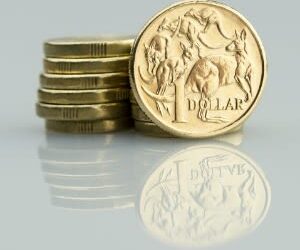EISS Super and NGS Super have weighed in on the Russia/Ukraine war, reassuring members that conflicts like these usually have short-term negative financial impacts which recover quickly.
Ross Etherington, EISS chief investment officer, said these types of crises typically had sharp immediate impacts on markets and that history suggested they were usually shorty lived and followed by a rebound over the following 6-12 months.
Pointing to the onset of COVID, Brexit, the Boston bombing, London train bomb and the Madrid terror attacks, Etherington said there were initial falls in share markets of between 3% and 30% while the following 12 months saw markets finish higher than before the crisis, with some recoveries occurring within three months.
NGS Super painted a similar picture, advising members that markets had recovered after one year in 83% of the past 29 geopolitical events, with an average return of 12.3%.
NGS Super said: “So we can make some assumptions based on history, but given that no geopolitical event is precisely the same as another, the exact path that share markets and economic activity will take is difficult to predict.
“History also shows that bear markets do not usually follow a geopolitical event involving a military conflict. Usually declines are short-lived (far below the 20% drawdown that is the threshold for a bear market). After forming a bottom, markets tend to resume their uptrend.”
Etherington said the risk now was that Putin would further reduce Russia’s gas exports to Europe, and potentially restrict Russia’s crude oil exports as well.
“The goal of these actions would be to create energy shortages in Europe, while pushing up global oil prices to a point where they begin to inflict political pain in the US from voters already struggling with a cost-of-living crisis. Unless a peace deal can be reached soon, Western European economic growth is likely to slow materially as governments would be forced to impose energy rationing on heavy industry.”
Meanwhile, NGS Super said superannuation was a long-term investment and decisions around switching and future contributions should be carefully considered.
“The NGS Super Investments team adopts a diversified approach to portfolio construction and utilises tools to dynamically shift allocations during negative market events to smooth the effect of declines.
“In addition, there are specific asset classes in which NGS Super invests, such as gold, which increase in value during such times and offset some of the declines in equity markets.”




